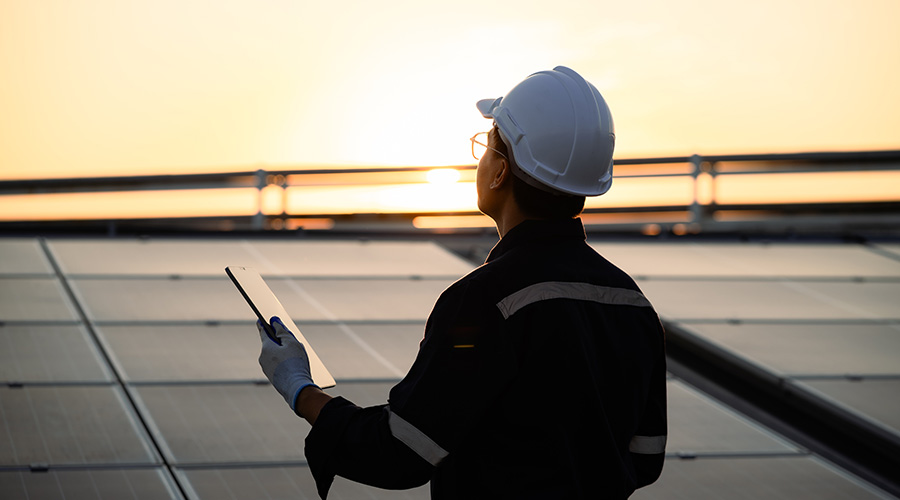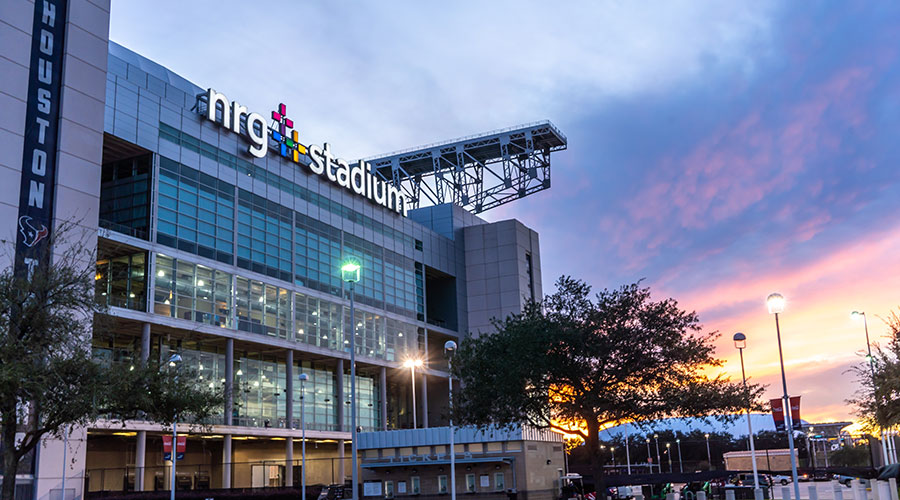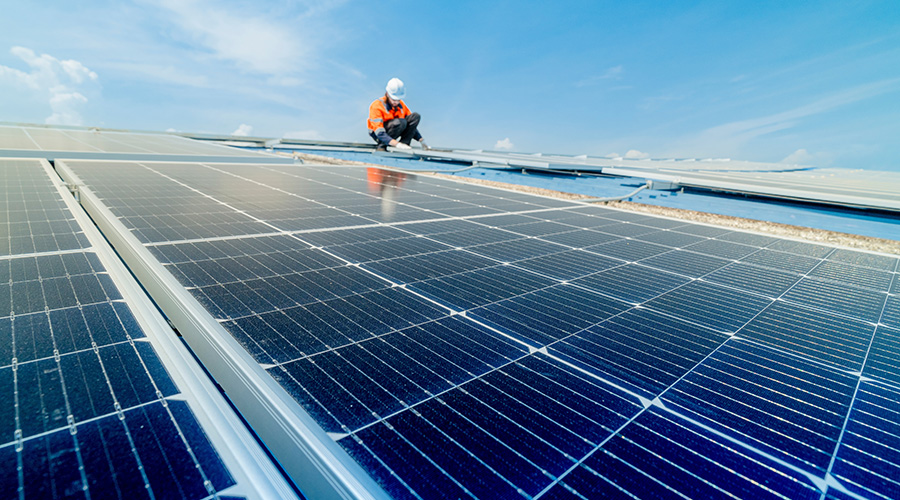Climate Change Still Battling Court of Public Opinion in US
To have any chance at becoming law, the American Power Act will have to overcome several obstacles. The first hurdle: public opinion. Whereas in much of the rest of the world climate change is accepted as scientific fact, in the United States it is still the subject of debate."There's a strong strain of skepticism towards all the sources that used to be thought of as the most authoritative sources of information for any purpose," says Cliff Majersik, executive director of the Institute for Market Transformation."And those are the same sources that are saying that climate change is a big problem."
This skepticism causes no small amount of exasperation among supporters of climate change legislation."People can be skeptics if they want, but they need to understand that in the peer-reviewed scientific literature, which is extensive, robust and embraced by all the major scientific organizations, there is no controversy," says Manik Roy, vice president, federal government outreach with the Pew Center on Global Climate Change.
Even among those opposed to proposals such as the Kerry-Lieberman bill, there are some who do not out of hand deny climate change, but question how it should be addressed."I don't look at the issue like a light switch either: man-made climate change is real or it's not," says Ben Lieberman, senior policy analyst with the Heritage Foundation."The truth is somewhere in-between. What is clear is that global warming is not a crisis, and it shouldn't be addressed as one."
Supporters of climate change legislation say that science shows there's an urgent need for action."By the time we get to the point of certainty, it will be too late to do anything about it," says Roy. Because carbon dioxide stays in the atmosphere for decades, he says, future damage to the environment is already inevitable and only increasing.
The Costs
The next hurdle is especially tricky in the current economy: the cost of climate change legislation, both in its implementation and potential cost to consumers and industry.
"Even among the Republicans who feel that climate change is very real and very much an issue, there is still the question of, Ôat what price do we do this?'" says Karen Penafiel, vice president of advocacy, Building Owners and Managers Association, International (BOMA).
Opponents say that the price would be too high."We have to weigh the risks of global warming against the risks of global warming policy," says Ben Lieberman."And the reality is that the cost of trying to reduce global greenhouse gas emissions by any appreciable degree will be tremendous."
But other analysts question just how marked these costs would be to the average consumer. Sieben Energy Associates analyzed the cost impact of the climate change bill that passed the House of Representatives last year, the American Clean Energy and Security Act of 2009 (ACES). According to that analysis, the average person and company won't feel much negative impact from climate legislation, says Dan Bailey, energy analyst with Sieben. His firm estimates there would be a five to 10 percent increase by 2020 (and 10 to 15 percent by 2030) in energy cost for a commercial customer with mostly indirect emissions at a single facility."In fact, these costs increases are less severe than what we've witnessed over the past five or 10 years simply due to significant market volatility," he says.
Those cost increases would be partly offset by revenue from the sale of allowances going back to consumers via electricity and natural-gas local distribution companies, tax credits and refund programs. At the beginning of ACES, consumers would receive 40 to 50 percent of the value of the allowances, with those percentages declining over the years. The Kerry-Lieberman bill offers energy discounts and rebates to utility consumers through its"reduce and refund" approach.
And then there's the compounding effect of continued inaction, says Roy."These problems don't go away by ignoring them," he says."They only get worse and the solution gets more expensive. If we had started solving this problem in the 1990s or in the last decade, it would have been so much less expensive. And by the same token, the longer we wait, the tougher it gets."
Related Topics:














